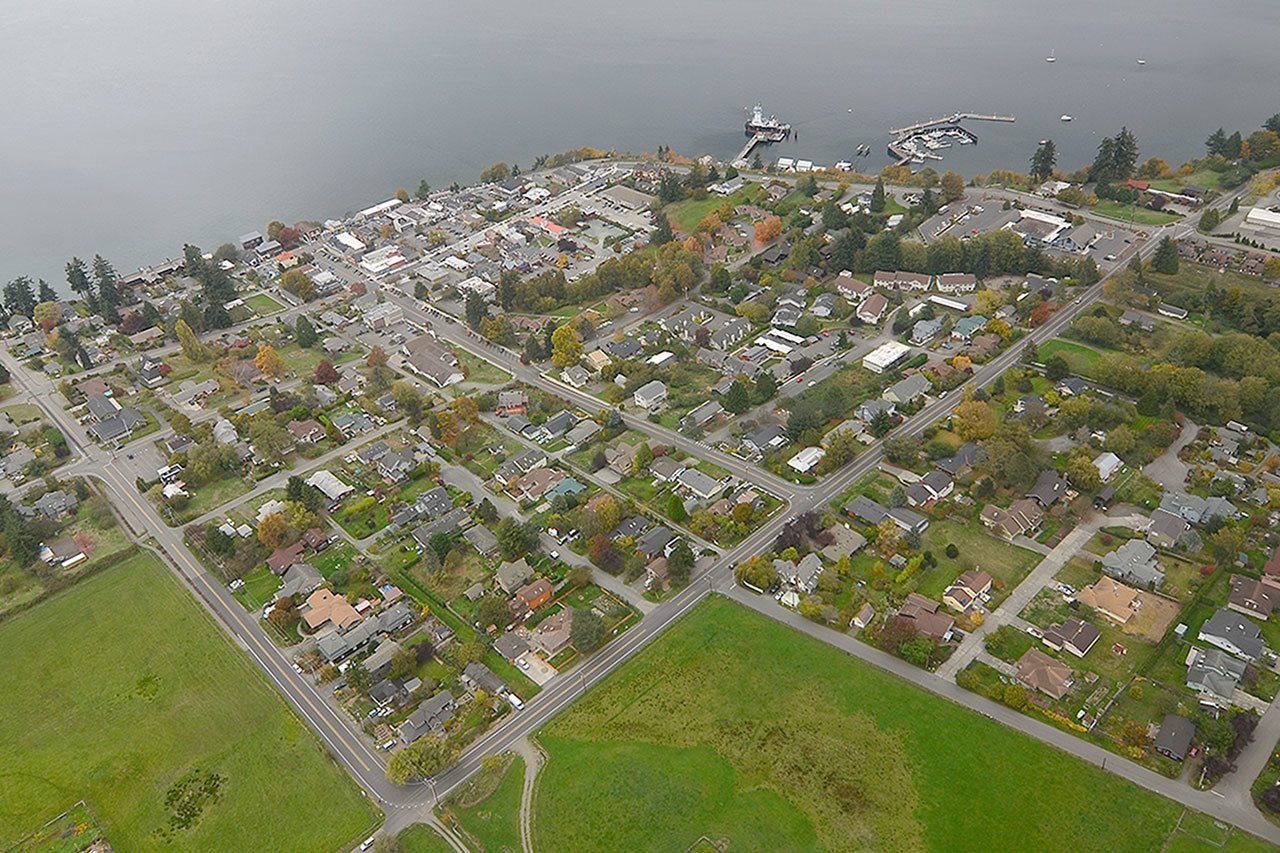Langley’s doors have always swung open far and wide for residents and outsiders. They could swing even further open if it pursues a proposal by residents to become a sanctuary city.
In response to the election of President-elect Donald Trump and his vows on the campaign trail to deport millions of illegal immigrants, two Langley residents formally lobbied the city council during its regular meeting last week to take a formal stand against such policies by becoming a sanctuary city. A sanctuary city is one that has adopted a policy of protecting undocumented immigrants by not pursuing charges for violating immigration laws.
Council members didn’t sign off immediately on the proposal. In follow-up interviews with The Record Tuesday morning, Councilwomen Dominique Emerson and Rene Neff and Councilman Bruce Allen voiced their approval of the potential policy, while Councilman Thomas Gill said he was torn. Councilwoman Ursula Shoudy could not be reached by press time.
“There’s several things about it that I support, but one or two key details that I’m not sure I can support,” Gill said.
Gill said that he doesn’t want Langley to become a place for illegal immigrants with criminal records to “come here and hide, which is unfortunately something that has occurred in other sanctuary cities.”
“That’s a violation of our oaths,” he said.
Emerson said that while she’s not in favor of protecting felons of any type, there is a difference between felons and illegal immigrants who become functioning members of society. She added that she wants to avoid situations where the Langley Police Department may act on suspicion that a person fits a certain profile. The openness of the city is what’s most important to her, she said.
“I want everyone to feel comfortable and welcomed,” Emerson said.
Callison said police do not inquire about the immigration status of residents, and the only time the subject ever comes up is when a person applies for a city job.
It is also unclear whether the potential policy would encompass those currently in need of sanctuary, such as Syrian refugees, as the city is currently in the exploration phase of the proposal, Callison said. Neff felt they should be part of the conversation.
“I think it’s part of this and I would certainly be very open to immigrants coming from Syria or wherever,” Neff said.
Among those lobbying the council was Diane Jhueck. While she was the first voice to officially go on record with the suggestion, Langley Mayor Tim Callison said three others have contacted him with the same request. Callison said citizens have also been asking the city to make an official statement on its view of inclusiveness. Jhueck would like to see more than that.
“What I’m really here saying is, I don’t just want a statement,” Jhueck said.
Langley could become the third sanctuary city in Washington alongside Seattle and Spokane, according to the Ohio Jobs and Justice PAC, an educational civil rights and advocacy organization.
“Who knows where this is going, but it doesn’t look good for us right now,” Jhueck said. “I’m part of two different target groups that this person who calls himself our potential president is talking about doing serious damage too. I’m personally frightened, but I’m just frightened for everyone at the moment.”
Callison said he would speak with the city attorney to determine whether there are any conflicts with his and the city council’s oaths to uphold federal law.
“What does that do if we declare a situation where there’s opposition to any kind of federal law and what does that do to our status?” Callison said. “…We need to know where our position is relative to the oath when we took office.”
Jhueck said she was specifically concerned with the role of law enforcement and staying friendly to the average citizen. In an interview Monday afternoon, Jhueck said she was optimistic with the council and city staff’s interest in becoming a sanctuary city.
“Locally, I think we’re in a whole new world as of Nov. 9,” Jhueck said. “I think that we need to come together as an island and figure out how to sustain ourselves. I think everyone needs to take this seriously.”
Residents’ requests for the city to construct a “meaningful” resolution that will reinforce Langley’s view toward open inclusiveness and the way it treats citizens won’t be an easy task. The city council and Callison discussed how to craft the resolution so it doesn’t leave out human rights groups such as the LGBTQ social movements and other marginalized groups. Callison said he was worried that if he were to produce a resolution he might inadvertently leave out a group that needs protection.
“I don’t want to have that come from the city of Langley,” Callison said.
Gathering input from the community, who the resolution will be written for, will be among the actions to be taken by the city to avoid any exclusions, Callison said.
“I think Langley as a community is kind of an ideal model community for the rest of the nation in the way we have the openness and tolerance and welcomeness and respect we treat everybody with,” Callison said. “The statement needs to be that we’re going to continue in that kind of behavior, but I can see we also may want to especially mention some marginalized groups that have been targets for discussion.”



